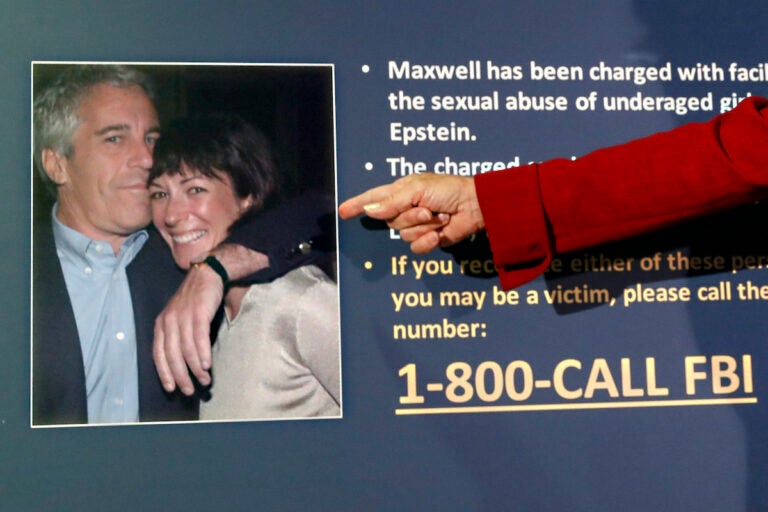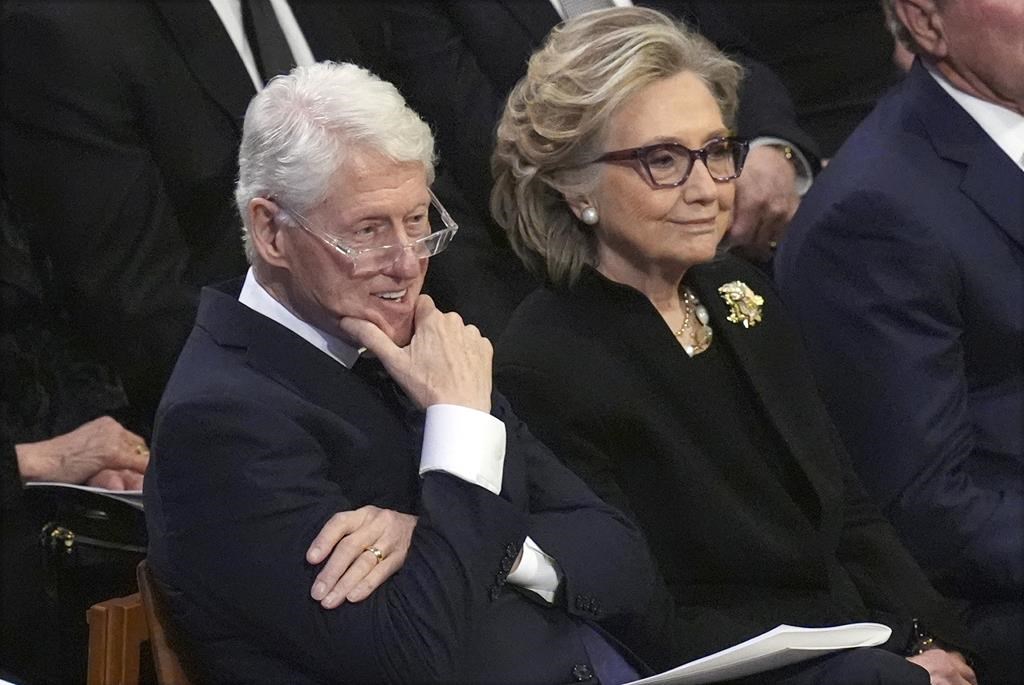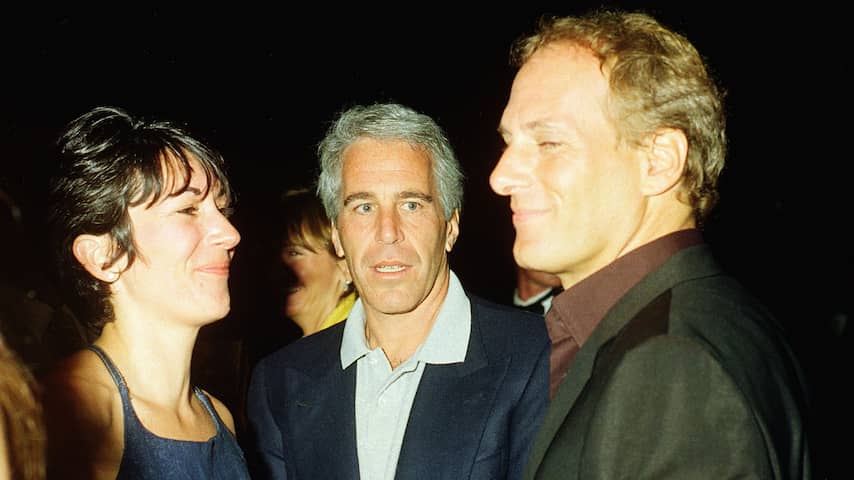
Former President Bill Clinton and former Secretary of State Hillary Clinton have both postponed their scheduled depositions before the House Oversight Committee, which is investigating the federal government’s handling of the Jeffrey Epstein and Ghislaine Maxwell cases.
The delay has raised questions, particularly considering the growing scrutiny surrounding their involvement in Epstein’s activities. According to sources within the committee, the depositions were originally set for last week and this week, but neither Clinton appeared on their designated dates.
A spokesperson for the committee confirmed the delay but stated that the committee is in communication with the Clintons' attorney to find new dates. However, as of now, no rescheduled dates have been confirmed.
The subpoenas were issued by Oversight Chairman James Comer (R-KY) earlier this year, as part of the committee's ongoing investigation into the events surrounding Epstein's prosecution and Maxwell's conviction.
The investigation aims to explore potential lapses in the oversight by the Justice Department, the FBI, and other federal agencies related to Epstein’s criminal activities and his ties to influential figures, including high-profile politicians, businessmen, and academics.
Comer has emphasized that the committee intends to examine how these agencies handled the case and whether any evidence was ignored or downplayed.
“Everybody in America wants to know what went on at Epstein Island,” Comer said in an August interview with Newsmax, referring to Epstein’s private estate in the U.S. Virgin Islands.
He pointed out that Clinton, due to his connections to Epstein, was a key figure in the inquiry. “We’ve all heard reports that Bill Clinton was a frequent visitor there, so he’s a prime subject to be deposed by the House Oversight Committee.”

Bill Clinton’s connection to Epstein has been a source of significant public interest. The former president has acknowledged traveling on Epstein’s private jet, the infamous “Lolita Express,” several times in connection with his work with the Clinton Foundation.
However, he has consistently denied visiting Epstein’s private island or having knowledge of Epstein’s criminal activities. Clinton described his travel on Epstein’s plane as something “not worth the years of questioning afterward,” a sentiment he expanded upon in his 2024 memoir, Citizen: My Life After the White House.
“I wish I had never met him,” Clinton wrote in the memoir, expressing regret over his interactions with Epstein. Despite his denials of any involvement in Epstein’s illegal activities, Clinton’s repeated associations with Epstein have raised many questions.
Epstein’s circle of high-profile acquaintances, which included former presidents, world leaders, and influential business figures, has fueled ongoing investigations into how Epstein was able to operate his trafficking network for so long without being stopped.
In 2016, White House visitor logs revealed that Epstein visited the Clinton White House at least 17 times between 1993 and 1995. Clinton has said the visits were related to his work with the Clinton Foundation and its global initiatives, but the frequency of Epstein's visits, combined with his criminal behavior, has drawn intense scrutiny.
In addition to the frequent flights on Epstein’s private jet, Clinton has faced questions about his relationship with Maxwell, Epstein’s longtime associate and convicted accomplice.
Maxwell, who was convicted in 2021 of conspiracy to sexually abuse minors, has been implicated in Epstein’s network. During her trial, she was accused of facilitating and participating in Epstein's abuse of young women and girls.
Maxwell, who had close ties to Epstein, has since claimed that her relationship with the Clintons was distinct from her association with Epstein. In a 2024 interview with Deputy Attorney General Todd Blanche, Maxwell stated that she was “friends” with Bill Clinton, but clarified that her relationship with Epstein was not the same.

“President Clinton was my friend, not Epstein’s friend,” Maxwell said. “President Clinton liked me, and we got along terribly well. But I never saw that warmth with Mr. Epstein.”
Maxwell also denied that Clinton visited Epstein’s island, an assertion that has contributed to the ongoing debate about the Clintons' involvement in Epstein’s activities.
Despite Maxwell’s denial, many questions remain about the extent of Clinton’s interactions with Epstein, and the postponement of his deposition has only fueled speculation.
The committee, which issued subpoenas for both Clintons, is seeking to understand their connections to Epstein and whether they had any knowledge of his criminal activities during or after Bill Clinton’s presidency.
It remains unclear whether the Clintons will ultimately testify before the committee, or whether the postponement is part of a larger strategy to delay or avoid answering critical questions.
Hillary Clinton’s name has also been prominently linked to Epstein, particularly in relation to her political career and the Clinton Foundation. However, much of the public focus has been on Bill Clinton, given his direct associations with Epstein.
Hillary Clinton has consistently distanced herself from Epstein, but the increasing pressure to address these connections has made her deposition just as crucial to the committee’s investigation.
The delay in the Clintons’ depositions has raised alarm among some within the Justice Department, who are concerned that this case could become increasingly politicized.

Critics argue that the committee’s investigation could become an avenue for partisan attacks, as Democrats continue to face scrutiny over their ties to Epstein and his associates.
Despite these concerns, Comer has made it clear that the investigation is focused on ensuring accountability and transparency, particularly with regard to how the federal government handled Epstein’s activities before his arrest and subsequent death.
Epstein’s death in 2019, which was ruled a suicide by the medical examiner, remains a contentious issue. Many believe that Epstein’s death prevented him from facing further criminal charges and implicating additional powerful figures involved in his trafficking operation.
The investigations into his network of associates, including the Clintons, are part of a broader effort to understand how Epstein was able to operate for so long without being stopped.
As the investigation continues, the committee is likely to subpoena more individuals connected to Epstein and Maxwell, as well as further scrutinize the actions of law enforcement and government agencies involved in Epstein’s prosecution.
Comer has expressed confidence that the committee will eventually uncover answers regarding Epstein’s activities, stating, “We are going to get answers. This investigation is about accountability and transparency for the American people.”
The postponement of the Clintons’ depositions adds to the growing uncertainty surrounding the investigation and has brought additional attention to the broader issues of accountability within the Justice Department.
As lawmakers continue to probe into Epstein’s network and the role played by influential figures, the American public remains eager to see if the investigation will yield any new revelations or hold those responsible for Epstein’s crimes accountable.

While the Clintons are not currently facing any criminal charges, their depositions could provide important insights into the extent of their knowledge of Epstein’s activities.
The committee’s decision to subpoena such high-profile figures highlights the significant political and legal implications of the Epstein case, which continues to loom large over both parties.
As of now, the future of the investigation remains uncertain, with no clear timeline for when the Clintons will testify. The committee is likely to face more delays and pushback from the individuals involved, but Comer has vowed to continue his work to ensure that the truth is uncovered.
For now, the focus remains on securing the depositions of the Clintons and others connected to Epstein, in hopes of answering some of the lingering questions surrounding the case.
The political and legal ramifications of the Epstein case will continue to unfold as the investigation progresses. The Clintons’ involvement, whether direct or indirect, is likely to remain a central part of the narrative, and their testimony before the House Oversight Committee will be pivotal in shedding light on the complex web of relationships surrounding Epstein’s criminal network.
While the investigation into Epstein’s activities is ongoing, the calls for transparency and accountability remain louder than ever.



